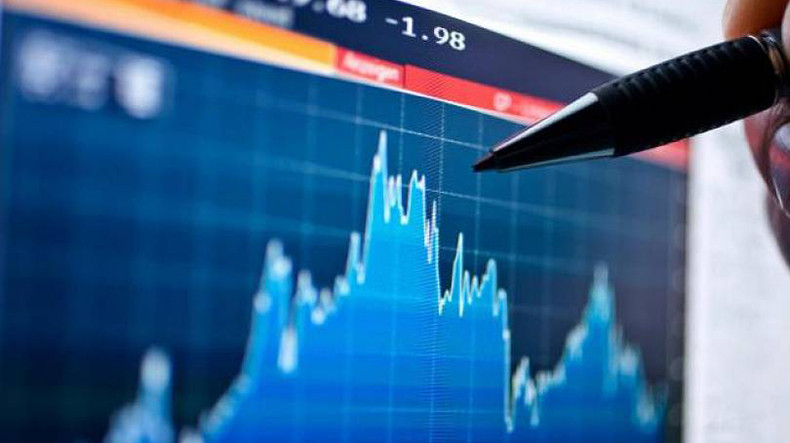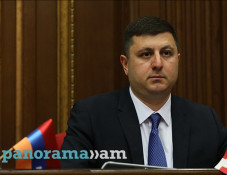
Growth in countries of Europe and Central Asia expected to slow down – World Bank
Growth in the emerging and developing countries of Europe and Central Asia is expected to slow to 1.8 percent in 2019 (down from 3.2 percent in 2018), a four-year low, according to the latest report by The World Bank on Europe and Central Asia Economic Update.
It is noted that regional growth was hindered by marked weakness in Turkey, which suffered from substantial financial market stress, as well as sluggish activity in the Russian Federation amid oil production cuts. But there was robust growth in other parts of the region, such as Central Europe and Central Asia, as well as the South Caucasus.
Regional growth is expected to pick up in 2020–21, as Turkey recovers from its sharp growth slowdown and Russia strengthens. But there are significant downside risks to this outlook, chief among them a sharper than expected slowdown in the region’s most important trading partner, the euro area, as well as the escalation of global policy uncertainty.
In Central Asia and Eastern Europe, slowing activity in Russia could reduce remittances, which account for an important portion of income in countries including the Kyrgyz Republic, Moldova, Tajikistan, and Ukraine, said the source.
Countries with large current account deficits, heavy reliance on capital flows, or sizable foreign currency–denominated debt—such as Turkey and Ukraine—may be subject to sudden shifts in investor sentiment. Sharp fluctuations in energy prices also represent a downside risk, particularly for the region’s energy exporters, such as Azerbaijan, Kazakhstan, and Russia.
The region faces many long-run challenges to development, including the need to improve governance, complete the transition to competitive and inclusive markets, strengthen the environment for private investment and innovation, and mitigate and adapt to climate change. Worsening demographics, including a shrinking working-age population, add to these challenges.
According to the report, growth in the South Caucasus is forecast to grow 3.5 percent in 2019, slowing to 3.1 percent by 2021. However, the recent escalation of tensions following Russia’s
imposition of sanctions on travel to Georgia has reduced tourism and could further dent activity and confidence in the region. “Activity in the South Caucasus has been supported by private consumption, with growth further boosted by an expansion in industrial activity, reflecting strong manufacturing growth and a recovery in mining production in Armenia. Longer-term growth depends on continuation of domestic reforms to enhance the business environment, as well as investment in education in order to boost human capital and reduce skills mismatches,” reads the part of the document.
Newsfeed
Videos






























